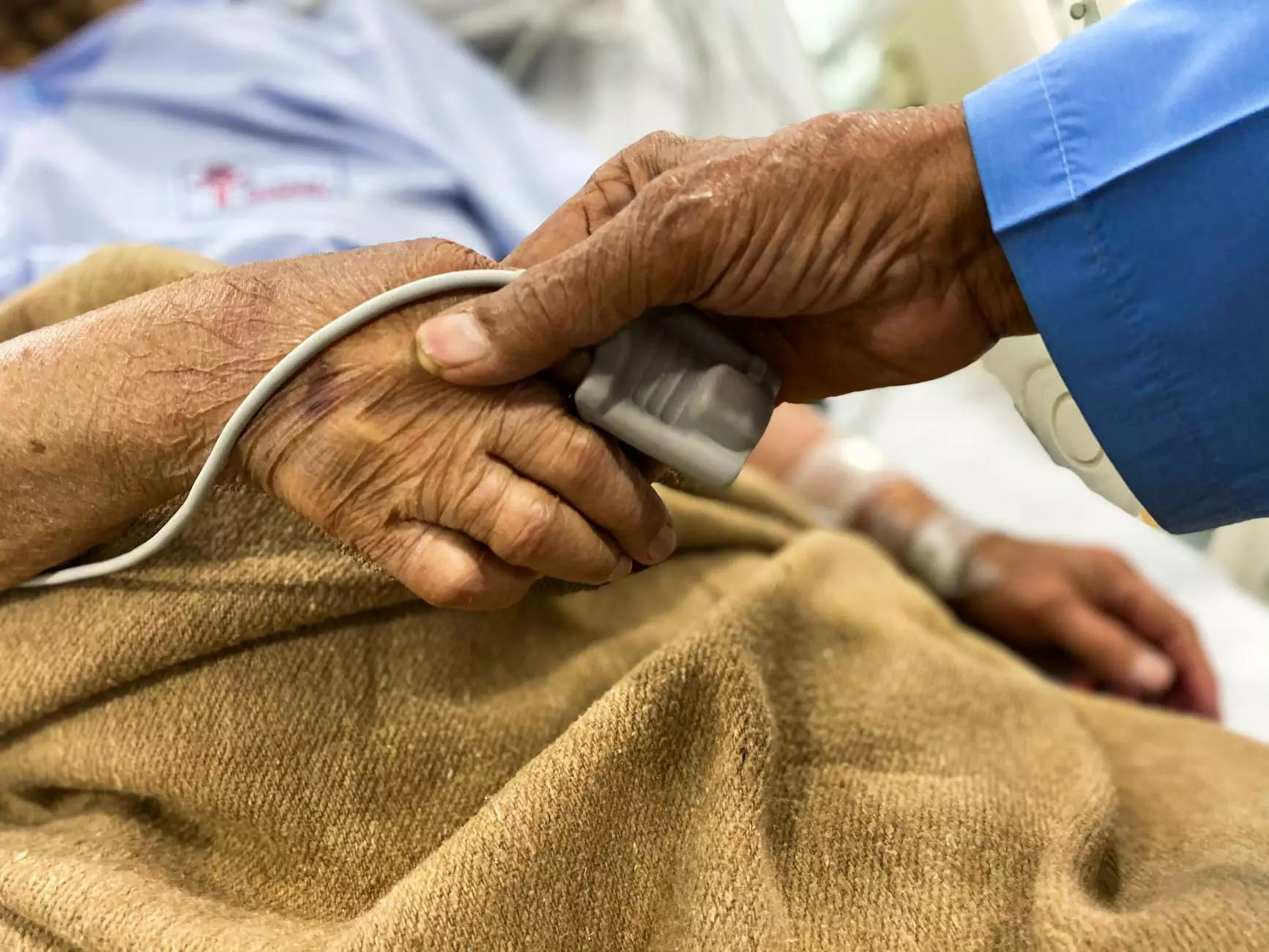Sleep Apnea Can Pose Serious Threats to You and Others
Wayne Health
Welcome to Bay Regional Medical Center's comprehensive guide to understanding the dangers of sleep apnea. If left undiagnosed and untreated, sleep apnea can have serious consequences for your health and the well-being of those around you. In this article, we will explore the various risks associated with sleep apnea and explain how our medical center can provide expert diagnosis and treatment options.
What is Sleep Apnea?
Sleep apnea is a potentially serious sleep disorder characterized by interruptions in breathing during sleep. These interruptions, known as apneas, can occur numerous times throughout the night and can last for several seconds. The most common type of sleep apnea is obstructive sleep apnea (OSA), which is caused by a blockage or collapse of the airway.
When the airway becomes partially or completely blocked, the brain sends signals to wake you up in order to resume normal breathing. These awakenings may disrupt your sleep, leaving you feeling tired and drowsy during the day.
The Dangers of Untreated Sleep Apnea
Untreated sleep apnea can have a range of negative effects on your physical and mental health. Some of the potential risks include:
- High Blood Pressure: Sleep apnea is often associated with high blood pressure, which can increase the risk of heart disease, stroke, and other cardiovascular problems.
- Heart Conditions: The repeated drops in oxygen levels during sleep apnea can strain the cardiovascular system, leading to an increased risk of heart attack, irregular heartbeat, and heart failure.
- Diabetes: Sleep apnea has been linked to insulin resistance and an increased risk of developing type 2 diabetes.
- Weight Gain: Sleep apnea can disrupt hormone levels related to appetite regulation, which may lead to weight gain and difficulties in managing a healthy weight.
- Daytime Fatigue: The interrupted sleep caused by sleep apnea can result in excessive daytime sleepiness, difficulty concentrating, and decreased productivity.
- Depression and Anxiety: Chronic sleep deprivation due to untreated sleep apnea can contribute to the development or worsening of mood disorders such as depression and anxiety.
Recognizing the Symptoms of Sleep Apnea
It is important to recognize the common symptoms of sleep apnea, as early detection can lead to timely treatment and improved overall health. Some of the signs and symptoms to watch out for include:
- Loud and Chronic Snoring: One of the hallmark symptoms of sleep apnea is loud and persistent snoring. This snoring is often accompanied by pauses in breathing and choking or gasping sounds.
- Daytime Sleepiness: Excessive daytime sleepiness, even after a full night's sleep, could indicate that your sleep quality is compromised due to sleep apnea.
- Morning Headaches: Waking up with frequent headaches, especially in the morning, can be a sign of untreated sleep apnea.
- Irritability and Mood Changes: The lack of quality sleep can cause irritability, mood swings, and difficulty with emotional regulation.
- Difficulty Concentrating: Sleep apnea patients often experience difficulties in focusing, concentrating, and remembering things.
Diagnosis and Treatment Options
At Bay Regional Medical Center, our team of experienced healthcare professionals specializes in diagnosing and treating sleep apnea. If you suspect you may have sleep apnea or are experiencing any of the symptoms mentioned, we recommend seeking medical attention at the earliest convenience.
Diagnosis typically involves a thorough evaluation of your medical history, physical examination, and sleep studies. Sleep studies can be conducted in the comfort of your own home or in a sleep clinic, depending on the severity of your symptoms.
Once a diagnosis is confirmed, our team will work closely with you to create a personalized treatment plan tailored to your specific needs. Treatment options for sleep apnea may include:
- Continuous Positive Airway Pressure (CPAP): CPAP therapy involves wearing a mask over your nose and/or mouth during sleep. The mask delivers a constant stream of air pressure, preventing the airway from collapsing.
- Oral Appliances: Custom-fit oral appliances can be used to reposition the jaw and tongue, helping to keep the airway open during sleep.
- Lifestyle Modifications: Certain lifestyle changes, such as maintaining a healthy weight, avoiding alcohol and sedatives, and sleeping on your side, can help alleviate symptoms of sleep apnea.
- Surgical Interventions: In cases of severe sleep apnea or when other treatment options have failed, surgical procedures may be recommended to remove excess tissue or correct structural abnormalities in the airway.
Regular follow-ups and ongoing care are essential to monitor the effectiveness of the selected treatment and make any necessary adjustments. Our team at Bay Regional Medical Center is committed to supporting you throughout your journey to better sleep and improved overall health.
Conclusion
Sleep apnea is a serious medical condition that can have detrimental effects on your well-being and the health of those around you. By recognizing the symptoms, seeking prompt medical attention, and following a comprehensive treatment plan, you can effectively manage sleep apnea and minimize its potential threats. At Bay Regional Medical Center, we are dedicated to providing exceptional care and expertise in the diagnosis and treatment of sleep apnea. Contact us today to schedule a consultation and take the first step towards a healthier, more restful sleep.










